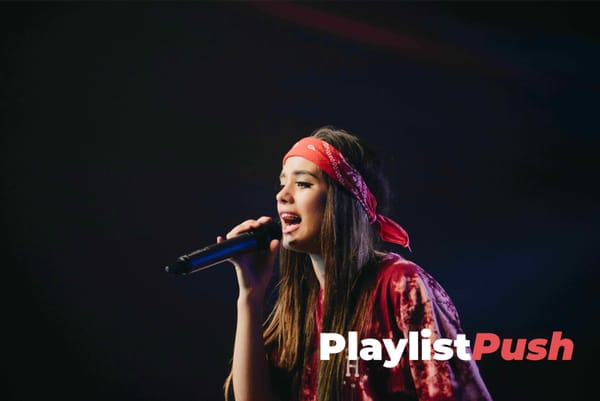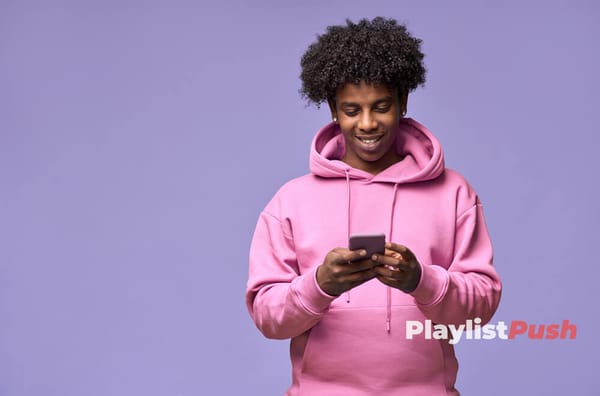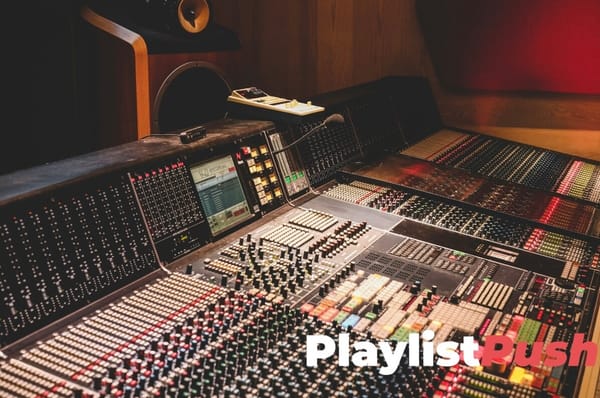AI Music Generators: Revolutionizing or Threatening the Industry?
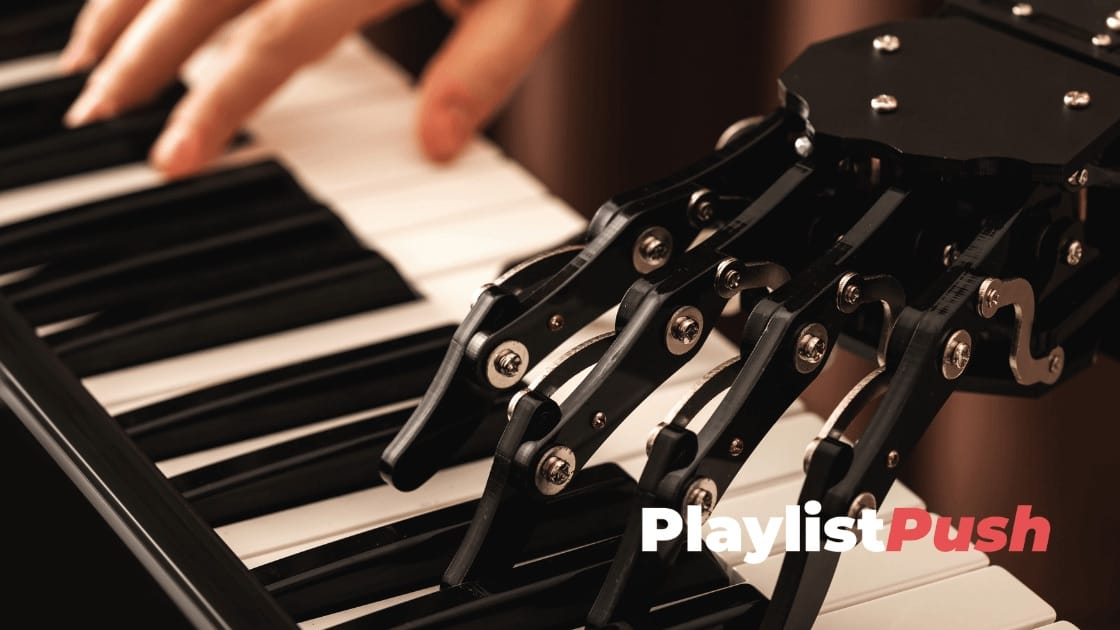
The music industry has seen countless innovations over the years, but perhaps none as controversial as AI-powered music generators.
While these tools promise to democratize music creation, they bring with them a host of concerns that could reshape the industry in ways that might not favor artists, particularly indie artists.
Let's dive into the potential impacts of AI generators on the music industry.
Oversaturation of DSPs
With AI music generators making it easier than ever to make music online free, my main concern was drawn to the risk of DSPs becoming flooded with an overwhelming amount of AI-generated content. While it may seem cool that AI music platforms can make a song for you, this flood could drown out genuine artists, making it even more challenging to gain visibility and make a sustainable income.
Indie artists already face an uphill battle in breaking through the noise and reaching audiences. The oversaturation of DSPs with free AI generated music could push genuine talent to the sidelines, reducing their chances of being discovered.
DSPs could implement policies to prioritize original content from verified artists, or they could create dedicated spaces for indie artists to showcase their work, ensuring they aren't overshadowed by AI-generated tracks or random song generators.
Limitations on Creativity and Uniqueness
AI's ability to mimic existing musical styles could lead to a homogenization of music, where tracks begin to sound alike due to algorithmic preferences for popular styles and structures. This could limit creativity and result in a musical landscape lacking diversity and originality.
The best AI music generators not only cover instrumental tracks but also craft vocals with custom lyrics. A standout example is Drake's recent "Taylor Made Freestyle," featuring AI voices reminiscent of 2Pac and Snoop Dogg.
While AI creators can replicate musical patterns and styles, they struggle to capture the human emotions and experiences that make music truly resonate with audiences. This emotional depth is often what sets artists apart and creates a lasting connection with fans.
The Importance of Personal Connection
Speaking of human emotions, music generators can churn out tracks, but they can't replace the personal connection fans crave from artists. Live performances, social media interactions, and personal stories all contribute to building a loyal fanbase that AI can't replicate.
Engaging with fans directly creates a two-way relationship that fosters loyalty and support. This personal connection is crucial for artists to build and sustain their careers, something music bot generators can't offer.
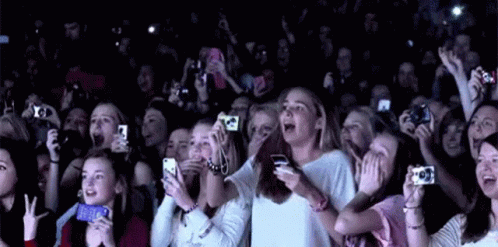
Copyright Concerns
Recently, an article came out about how Udio possibly trains its AI Models using copyrighted materials.
Two of Udio's founders mentioned that they “train on a large amount of publicly-available and high-quality music”, they “create transformative new music”, and they “have very strong artist filters… to make sure we don’t regurgitate anything [copyrighted]”.
In the interview with Music Ally, Udio didn't provide a direct answer on how its AI Models are trained. Because of this, we're left to assume that their models are being trained using copyrighted materials.
Of course, this raises complex legal questions. While backers argue for 'fair use', major industry players like Universal Music Group disagree, leading to potential legal battles that could impact both AI music makers and the artists using them.
For artists, protecting their original work from unauthorized use by AI platforms becomes paramount. Clear ownership rights, fair compensation models, and robust legal frameworks are needed to safeguard artists' intellectual property in an AI-driven world.
Positives for Musicians & Producers
Now, let's talk about some potential positives. AI music creators can be valuable tools for musicians and producers, offering a platform to experiment with new sounds, genres, and musical ideas. They can help artists break out of creative ruts and inspire fresh approaches to making music.
I think this could be particularly helpful if you've found yourself stuck on a track and you're not sure where to go next. It could be nice to share a sample of your song with one of these platforms for some fresh ideas. However, this doesn't seem to be a reality just yet.
Final Thoughts
Transparency and Accountability:
As AI song makers become more prevalent, transparency about their use and the data they collect is crucial. Artists should be informed about how their music is used and who benefits financially from its creation.
Ownership and Fair Compensation:
Determining ownership and ensuring fair compensation in an AI-driven landscape is challenging but essential. Artists must advocate for their rights and fair compensation to protect their creative work.
Quality vs. Quantity:
While free AI song generators can produce music at an impressive speed, the focus should always be quality over quantity for your song. Artists should strive to create meaningful, impactful music that resonates with audiences rather than mass-producing generic tracks.
Conclusion
AI music generators like Udio, Soundraw, Loudly, Beatoven, Mubert, Suno, & Boomy present both exciting possibilities and significant challenges for the music industry. While they offer new avenues for creativity and innovation, they also pose threats to artists' visibility, creativity, and intellectual property rights.
Artists, industry stakeholders, and fans must engage in ongoing discussions to address these concerns and ensure a future where technology enhances rather than diminishes the world of music.
Looking to Promote Your Music?
Use our TikTok Music Promotion and Spotify Playlists Promotion service.



